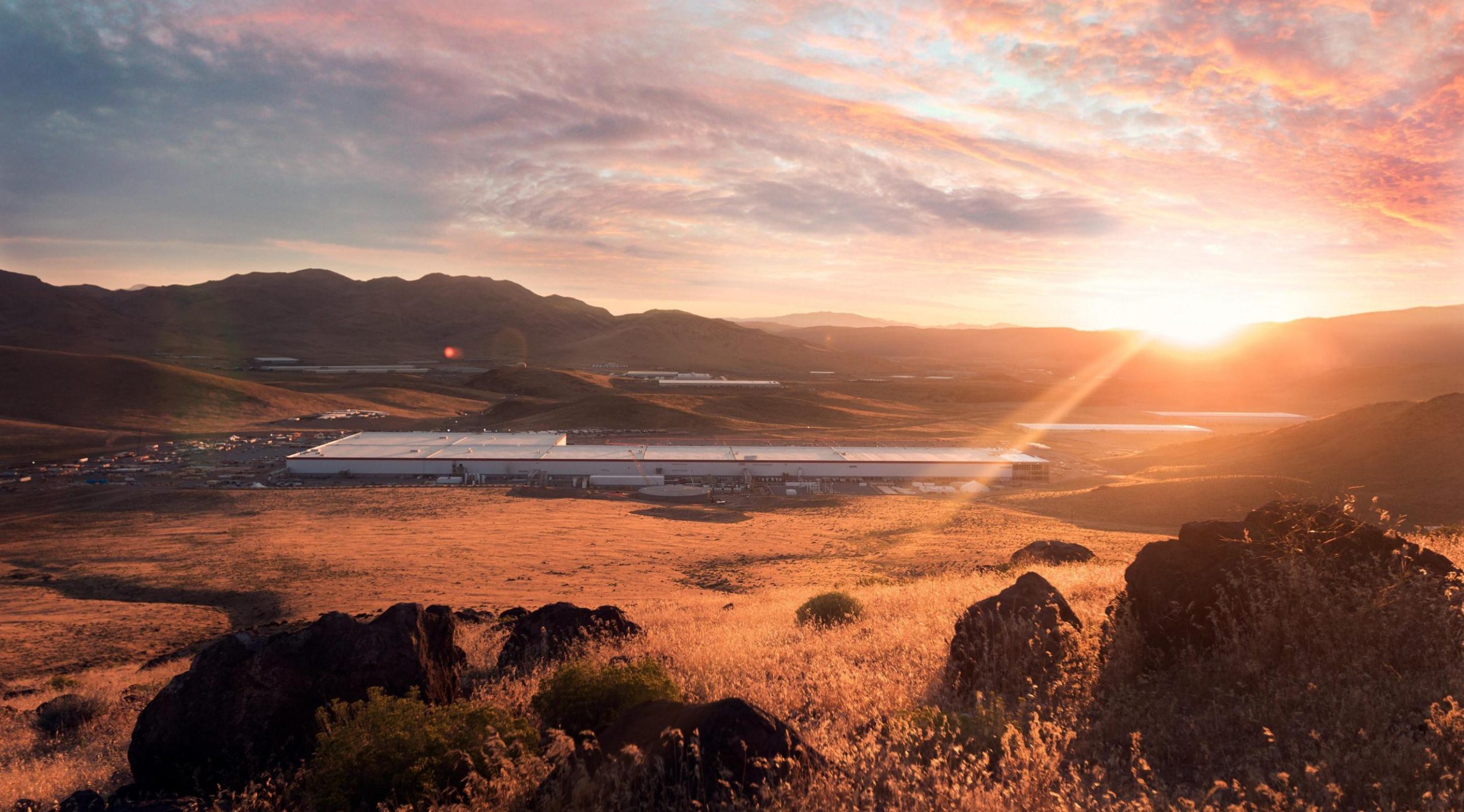
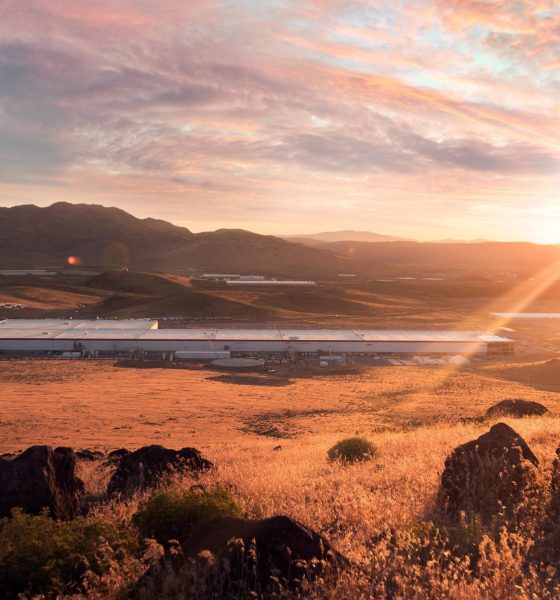
News
Tesla is looking to build on-site housing for Gigafactory 1 employees, says Elon Musk
At some point in the future, some employees working at Tesla’s Gigafactory 1 in Nevada would be able to simply walk or bike to their homes after a shift at the massive facility. Tesla is looking to expand Gigafactory 1, with Elon Musk recently stating during a conversation with NV Gov. Brian Sandoval that he envisions the company to hire more than 20,000 people for the factory. To help house this upcoming influx of workers, Musk noted that Tesla is looking to create an on-site housing compound in Gigafactory 1’s premises.
Tesla’s NV Gigafactory is less than 30% complete, but it already employs roughly 7,000 people. During a technology and innovation summit held at the factory on Tuesday, Elon Musk stated that in order for Gigafactory 1 to hit its target number of employees, the area needs to offer more infrastructure, such as schools, buildings, roads, and affordable housing. As a way to address the need for more housing units for Gigafactory 1’s future workers, Musk noted that Tesla is considering a project that involves building a housing compound for its employees.
“The biggest constraint on growth here is housing and infrastructure. We’re looking at creating a housing compound on site at the Gigafactory, using kind of high-quality mobile homes,” Musk stated.
Nevada’s real estate market was affected by the arrival of Gigafactory 1. The state of Nevada took a blow during the housing crash and recession, and by 2010, the state had a 14% unemployment rate, with more than 175,000 Nevada residents being unemployed. When Brian Sandoval became governor after winning the 2010 race, Nevada was ranked as one of the worst states in terms of bankruptcies and home foreclosures. To push the state’s recovery, Sandoval worked to attract tech companies to set up shop in the state. One of these companies was Tesla, which chose Nevada as the site for its Gigafactory 1.
Gigafactory 1 is located about 25 miles east of Reno, NV. For now, many of the facility’s employees live in Reno, as well as several surrounding cities linked to the battery factory via I-80 and the newly-completed Hwy 50, such as Carson City, Fernley, and Sparks. Real-estate prices in areas around Gigafactory 1 have risen over the past years. In Reno alone, the average monthly rent is now $1,318 per month, a 58% increase over rental rates six years ago. In the Reno/Sparks area, median home prices recently hit an all-time high, reaching $389,000 in July. Considering Musk’s new guidance, Gigafactory 1’s employees would almost triple once the facility is complete. Thus, there is definitely a need for practical, affordable housing around the facility.
It remains to be seen what type of housing Tesla would introduce for Gigafactory 1’s employees. That said, the housing initiative does go in line with some ideas that Elon Musk recently expressed. During his now-infamous podcast with Joe Rogan, for one, Musk teased the concept of a smart home with a more efficient air conditioning system. Musk’s side venture, The Boring Company, has also developed the Boring Bricks, which are designed as a cost-effective way to construct homes. Considering Elon Musk’s penchant for the creative, there is a good chance that Tesla’s on-site housing compound at Gigafactory 1 might feature some notable elements as well.
The concept of the mill towns, or settlements that are built around factories, have been around since the late 1800’s. In recent years, some of Silicon Valley’s most prominent companies have explored a rather similar concept. Last year, for example, Google and Facebook issued a proposal to build self-contained towns near their respective headquarters. These towns would feature amenities such as their own grocery stores, shops, cafes, movie theaters, gyms, and hundreds of apartments that can accommodate the companies’ expanding employee base. If Elon Musk’s words would prove to be true, it might only be a matter of time before a sort of “Tesla town” emerges just outside of Reno, Nevada.

Cybertruck
Elon Musk clarifies Tesla Cybertruck ’10 day’ comment, fans respond
Some are arguing that the decision to confirm a price hike in ten days is sort of counterproductive, especially considering it is based on demand. Giving consumers a timeline of just ten days to make a big purchase like a pickup truck for $60,000, and basically stating the price will go up, will only push people to make a reservation.
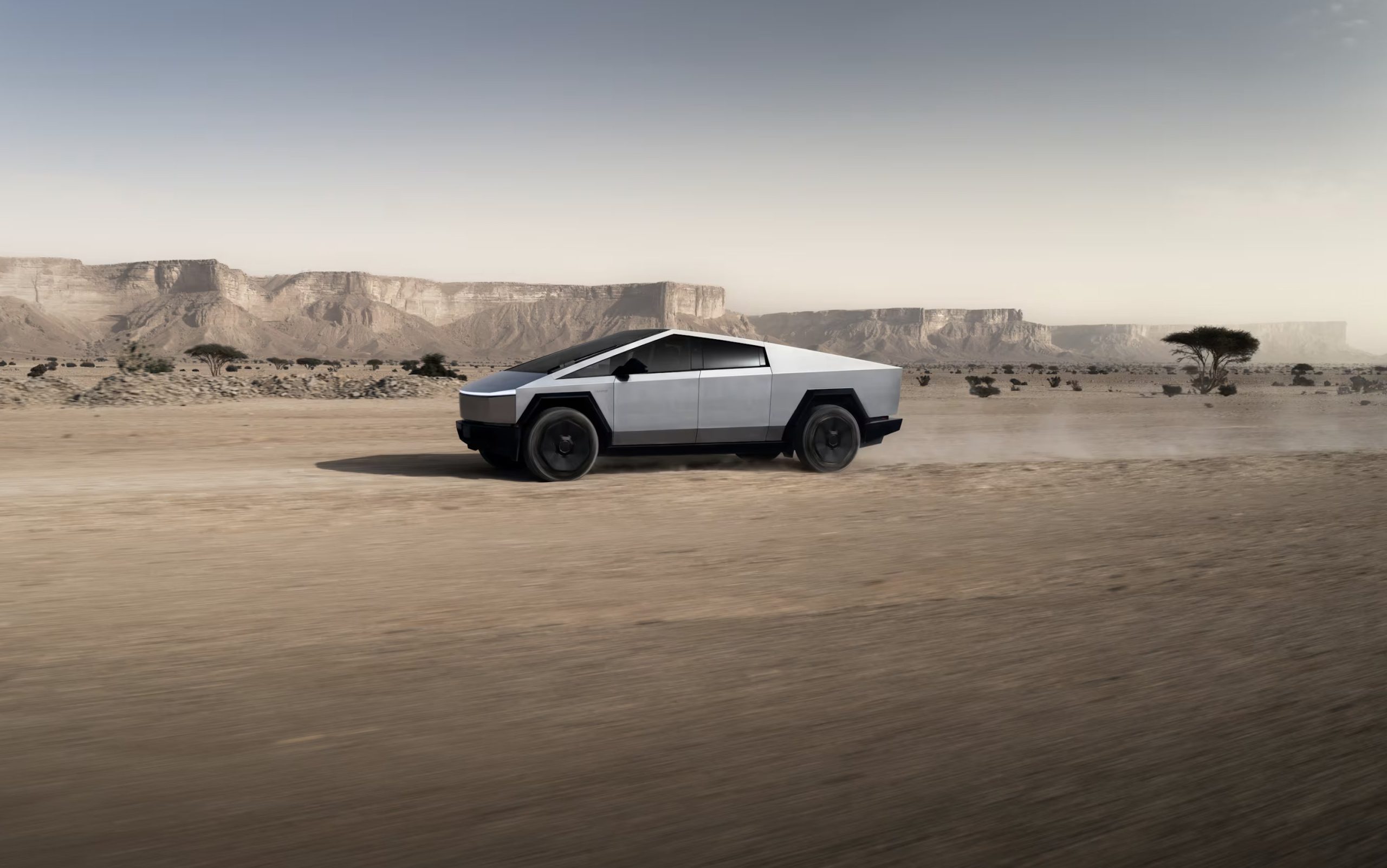
Elon Musk has clarified what he meant by his comment on X yesterday that seemed to indicate that Tesla would either do away with the new All-Wheel-Drive configuration of the Cybertruck or adjust the price.
The response was cryptic as nobody truly knew what Musk’s plans were for the newest Tesla Cybertruck trim level. We now have that answer, and fans of the company are responding in a polarizing fashion.
On Thursday night, Tesla launched the Cybertruck All-Wheel-Drive, priced competitively at $59,990. It was a vast improvement from the Rear-Wheel-Drive configuration Tesla launched last year at a similar price point, which was eventually cancelled just a few months later due to low demand.
Tesla launches new Cybertruck trim with more features than ever for a low price
However, Musk said early on Friday, “just for 10 days,” the truck would either be available or priced at $59,990. We can now confirm Tesla will adjust the price based on more recent comments from the CEO.
Musk said the price will fluctuate, but it “depends on how much demand we see at this price level.”
Depends on how much demand we see at this price level
— Elon Musk (@elonmusk) February 20, 2026
Some are defending the decision, stating that it is simply logical to see how the Cybertruck sells at this price and adjust accordingly.
Case 1: You don’t like it -> don’t buy it
Case 2 (me): You like it, it’s fits your situation and needs -> you buy it.
Case 3: Complain endlessly for no reason, you weren’t going to get one anyway, but you want people to know you’re mad, for some reason.Silly netizens.
— Ryan Scanlan 👥 (@Xenius) February 21, 2026
Others, not so much.
Alright I’m obviously not the one successful enough to be calling the shots at Tesla and worth almost a trillion dollars
But people were excited about the awesome Cybertruck news and then it got taken away, that’s why people are annoyed. The wording felt more like a threat.… pic.twitter.com/NWVNklcXoJ
— Dirty Tesla (@DirtyTesLa) February 21, 2026
No but fr wtf you doing dude???????
— Greggertruck (@greggertruck) February 20, 2026
It’s how it was communicated.
If it had been stated clearly on the website for everyone to see, everyone would be fine.— KiTT_2020 (@kitt_2020) February 20, 2026
Some are arguing that the decision to confirm a price hike in ten days is sort of counterproductive, especially considering it is based on demand. Giving consumers a timeline of just ten days to make a big purchase like a pickup truck for $60,000, and basically stating the price will go up, will only push people to make a reservation.
Demand will look strong because people want to lock in this price. The price will inevitably go up, and demand for the trim will likely fall a bit because of the increased cost.
Many are arguing Musk should have kept this detail internal, but transparency is a good policy to have. It is a polarizing move to confirm a price increase in just a week-and-a-half, but the community is obviously split on how to feel.
Cybertruck
Tesla Cybertruck’s newest trim will undergo massive change in ten days, Musk says
It appears as if the new All-Wheel-Drive trim of Cybertruck won’t be around for too long, however. Elon Musk revealed this morning that it will be around “only for the next 10 days.”
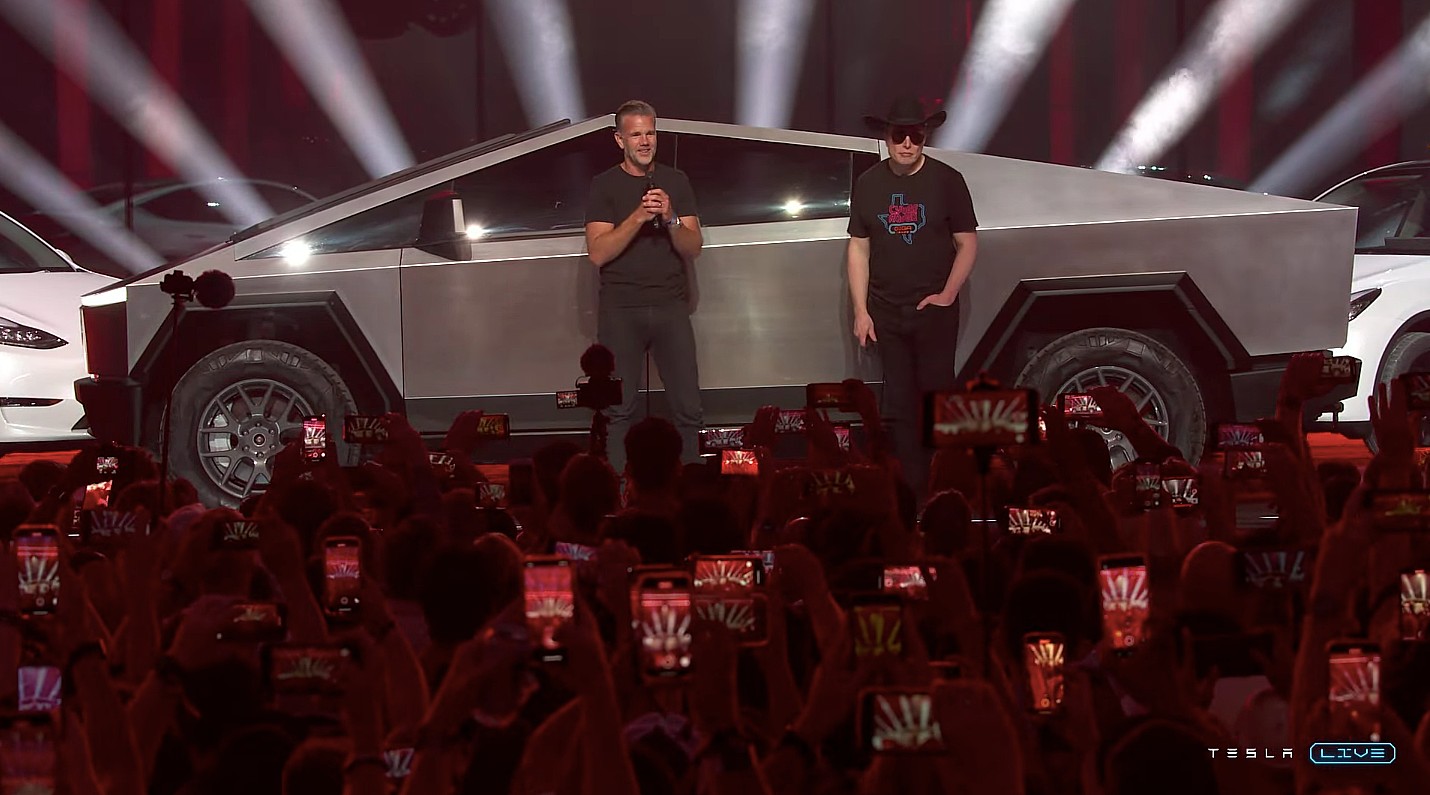
Tesla’s new Cybertruck trim has already gotten the axe from CEO Elon Musk, who said the All-Wheel-Drive configuration of the all-electric pickup will only be available “for the next ten days.”
Musk could mean the price, which is $59,990, or the availability of the trim altogether.
Last night, Tesla launched the All-Wheel-Drive configuration of the Cybertruck, a pickup that comes in at less than $60,000 and features a competitive range and features that are not far off from the offerings of the premium trim.
Tesla launches new Cybertruck trim with more features than ever for a low price
It was a nice surprise from Tesla, considering that last year, it offered a Rear-Wheel-Drive trim of the Cybertruck that only lasted a few months. It had extremely underwhelming demand because it was only $10,000 cheaper than the next trim level up, and it was missing a significant number of premium features.
Simply put, it was not worth the money. Tesla killed the RWD Cybertruck just a few months after offering it.
With the news that Tesla was offering this All-Wheel-Drive configuration of the Cybertruck, many fans and consumers were encouraged. The Cybertruck has been an underwhelming seller, and this seemed to be a lot of truck for the price when looking at its features:
- Dual Motor AWD w/ est. 325 mi of range
- Powered tonneau cover
- Bed outlets (2x 120V + 1x 240V) & Powershare capability
- Coil springs w/ adaptive damping
- Heated first-row seats w/ textile material that is easy to clean
- Steer-by-wire & Four Wheel Steering
- 6’ x 4’ composite bed
- Towing capacity of up to 7,500 lbs
- Powered frunk
It appears as if this trim of Cybertruck won’t be around for too long, however. Musk revealed this morning that it will be around “only for the next 10 days.”
Only for the next 10 days https://t.co/82JnvZQGh2
— Elon Musk (@elonmusk) February 20, 2026
Musk could mean the price of the truck and not necessarily the ability to order it. However, most are taking it as a cancellation.
If it is, in fact, a short-term availability decision, it is baffling, especially as Tesla fans and analysts claim that metrics like quarterly deliveries are no longer important. This seems like a way to boost sales short-term, and if so many people are encouraged about this offering, why would it be kept around for such a short period of time?
Some are even considering the potential that Tesla axes the Cybertruck program as a whole. Although Musk said during the recent Q4 Earnings Call that Cybertruck would still be produced, the end of the Model S and Model X programs indicates Tesla might be prepared to do away with any low-volume vehicles that do not contribute to the company’s future visions of autonomy.
The decision to axe the car just ten days after making it available seems like a true head-scratcher.
Elon Musk
Elon Musk’s Neuralink sparks BCI race in China
One of the most prominent is NeuroXess, which launched in 2021 and is already testing implants in patients.
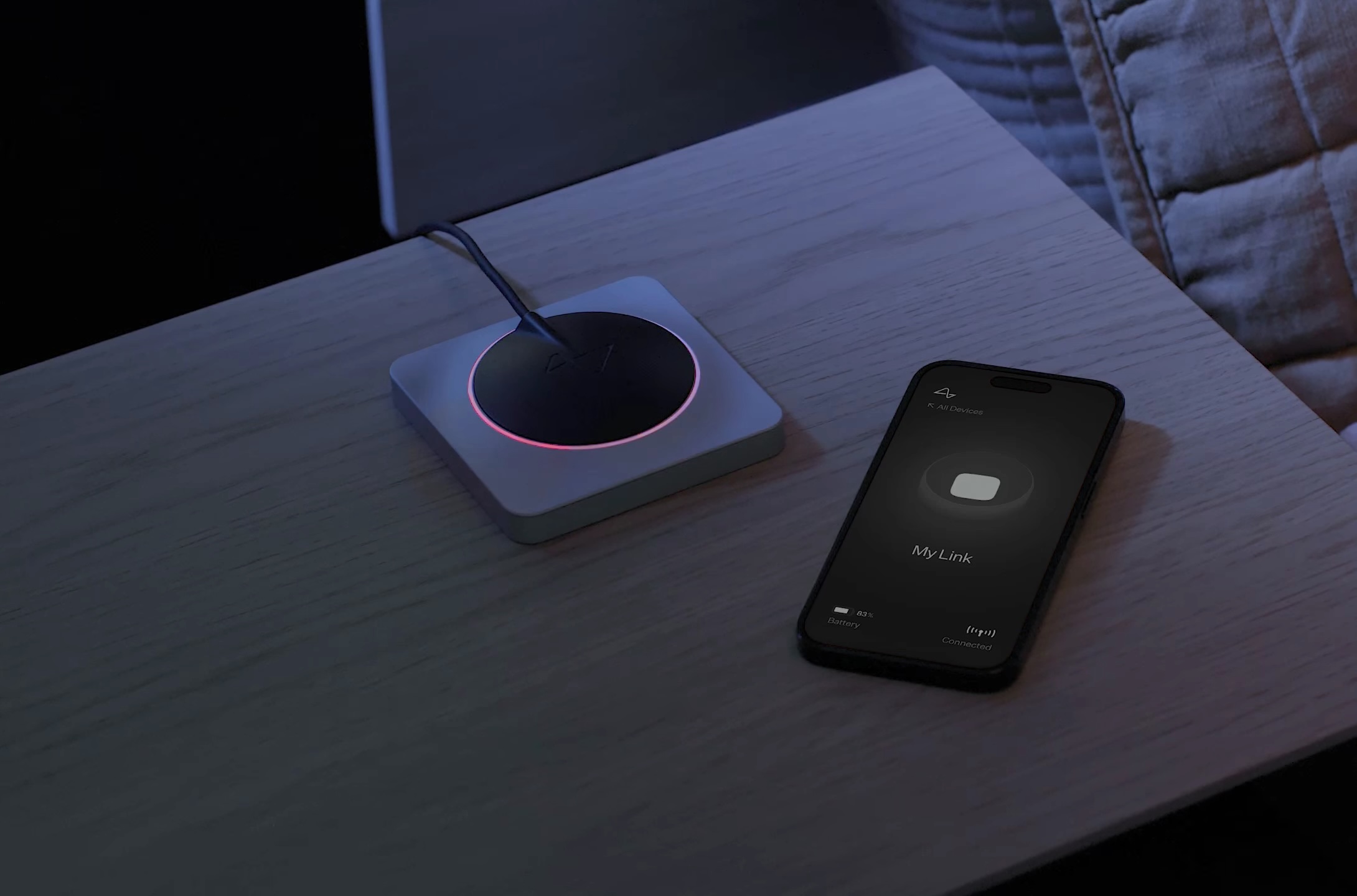
Neuralink, founded by Elon Musk, is helping spark a surge of brain-computer interface (BCI) development in China, where startups are moving quickly into human trials with strong state backing.
One of the most prominent is NeuroXess, which launched in 2021 and is already testing implants in patients.
Neuralink’s clinical work and public demonstrations have drawn worldwide attention to invasive brain implants that allow patients to control digital devices using their minds. The company is currently running a global clinical trial and is also busy preparing for its next product, Blindsight, which would restore vision to people with visual impairments.
Neuralink’s visibility has helped accelerate similar efforts in China. Beijing last year classified brain-computer interfaces as a strategic sector and issued a roadmap calling for two or three globally competitive companies by 2030, as per the Financial Times. Since February last year, at least 10 clinical trials for invasive brain chips have launched in the country.
NeuroXess recently reported that a paralyzed patient was able to control a computer cursor within five days of implantation. Founder Tiger Tao credited government support for helping shorten the path from research to trials.
Investment activity has followed the policy push. Industry data show dozens of financing rounds for Chinese BCI startups over the past year, reflecting rising capital interest in the field. Ultimately, while Neuralink remains one of the most closely watched players globally, its momentum has clearly energized competitors abroad.








